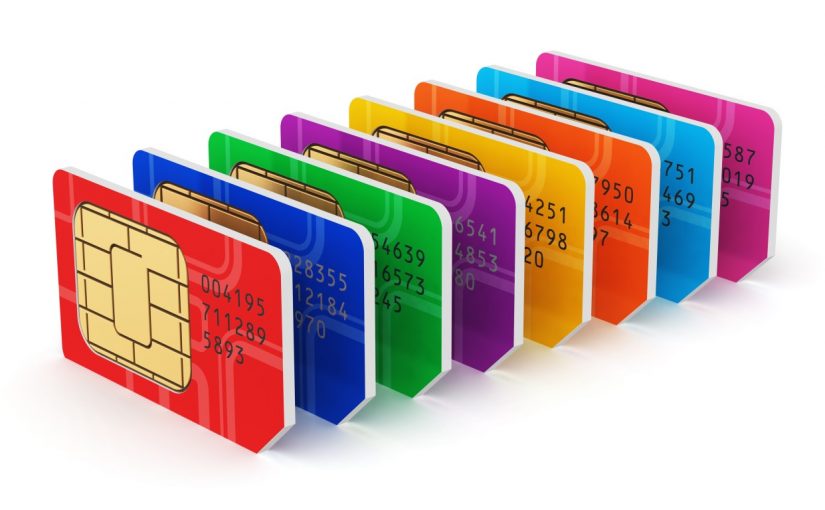This post may contain affiliate links please read our disclosure for more info.
Image credit: http://www.newportcreditunion.co.uk/
If you’ve read my most recent post, How to Teach Your Children About Money you could easily have guessed that this would be my next subject. In this post, I give an overview and provide links for a selection of the best savings accounts for children. This is the next logical step, to give your children practical recommendations for where they should save their money. Do not let them lose momentum, they are forming great financial habits; now show them where to save their money.
Do not fall into the trap of advising your children to open an account at your current bank because it is convenient. A low interest rate for savers is not convenient, please give your children the best recommendations for their money.
Below I have listed my top picks for regular saving, easy access and fixed rate savings accounts for children. Please remember none of this constitutes financial advice and you should do your own research. I have provided links to all of the accounts mentioned for that purpose.
Best Savings Accounts for Children
In each example the interest rate quoted is the Annual Equivalent Rate (AER).
Regular Savings
Halifax
The Halifax Kids Regular Saver account pays 4.5 % interest. You are allowed to save between £10 and £100 per month but not allowed to make any withdrawals. More details here.
Saffron Building Society
The Saffron Building Society Children’s Regular Saver account pays 4.0 % You are allowed to save between £5 and £100 per month and can make unlimited withdrawals. More details here.
Nationwide
The Nationwide Flex One Regular Saver account pays 3.5% interest. You can save between £1 and £100 monthly and make unlimited withdrawals. More details here.
Easy Access
Santander
Santander 123 Mini Current Account 123 Mini Current Account pays 3% interest providing you have £300 to £2,000 in it. Account holders can make unlimited withdrawals and those over 11 will receive a debit card. More details here.
HSBC
The HSBC My Savings account pays 2.75% interest for account holders aged between 7 and 17. Account holders receive a cashbook that they can use to make deposits and unlimited withdrawals. More details here.
Nationwide
The Nationwide Smart Limited Access account pays 2.5% on amounts up to £50,000. Account holders must be between 7 and 17 years old. It’s important to note that you are only allowed to make one withdrawal per year. More details here.
Fixed Rates
The Cambridge Building Society 3 Year Children’s Fixed Rate Bond pays 2% interest. You are permitted to deposit between £1000 and £20,000 More details here.
The Kent Reliance two year fixed bond pays 1.85% interest and has no minimum age. Withdrawals and closures are permitted subject to 180 days’ loss of interest on the amount withdrawn. More details here.
Have your children got any of the accounts mentioned above? Let me know how in the comments section below.
If you have enjoyed this post you will also like the following posts:
How to get Value for Money When Buying Foreign Currency
Save up to £500 Per Year With a Sim Only Mobile Phone Deal
What’s the Best Strategy for Clearing Debts?
What are the Different Types of Savings Accounts?
My aim with each blog post is to help you move to a better financial future. I believe that there is not enough financial education in the national curriculum and I intend to share anything helpful that I have learned along the way. I am by no means a financial expert. None of the information on this website constitutes financial advice and is provided as general information only. This is my personal finance blog; my marketing blog is over here and I have been blogging there since 2010.
I hope you have found this information useful. Thank you for reading.
Best regards,
Mike

















